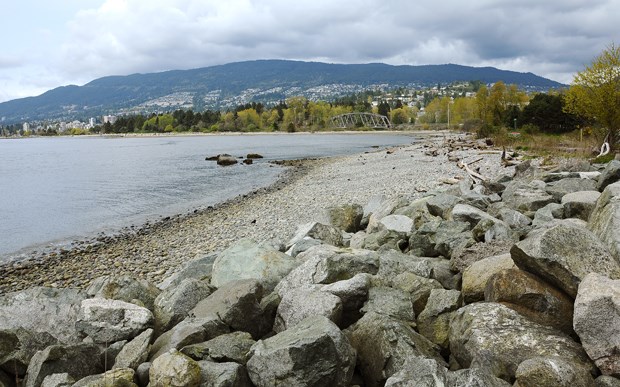On Monday night, West Vancouver council moved ahead with a series of OCP, building bylaw and zoning rule changes that will be among the most progressive in the Lower Mainland when it comes to addressing climate change. Good on them.
But just minutes earlier, the very same council voted to cut in half the amount of money the municipality plans to collect and spend specifically on addressing climate change. An extra $40 per household, per year, it seems, was just too much. Climate emergency, indeed.
For years, West Vancouver operated with blinders on as to the state of their infrastructure, setting little money aside to replace it, all while passing budgets with zero-per-cent tax increases and patting themselves on the backs for their “fiscal responsibility.”
It was politically palatable for voters then, but today, council knows their $1 billion in bridges, buildings and public washrooms are rapidly aging out their useful lifespans, and taxes are spiking to make up for it.
On Thursday, the Federation of Canadian Municipalities and Insurance Bureau of Canada released a report that concluded more severe weather due to climate change is going to cost Canadian cities $5.3 billion per year. It also found that every dollar spent on climate change adaptation prevents $6 in future losses. Those are numbers any self-professed fiscal conservative should need no help understanding.
Yet West Vancouver council seems content to repeat the same mistake they made by having no plans for asset management and handing the bill off to future generations. Without an all-hands-on-deck response to the very real climate emergency, the impending bill is going to be big, it’s going to arrive soon, and it’s going to cost more than money.
What are your thoughts? Send us a letter via email by clicking here or post a comment below.



